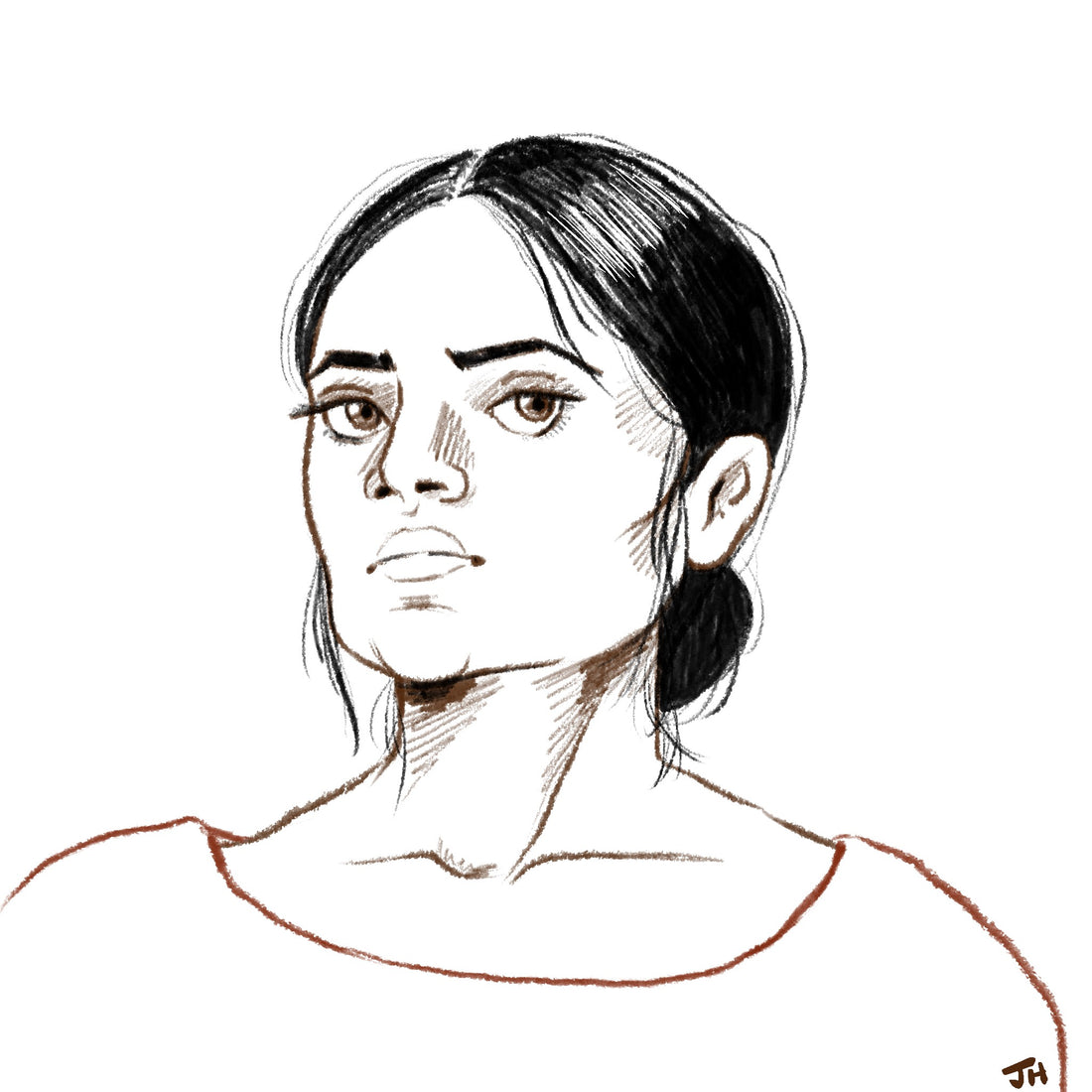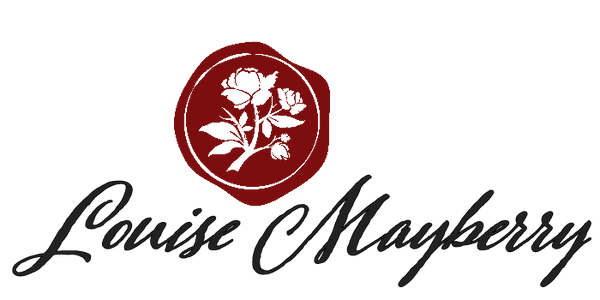
Internalized Misogyny & the Unlikeable Female Character
Share
A few months back, a friend shared this article from hypable.com with me: Internalised Misogyny in Books: Taking a step back from the page. It's a powerful read, and it asks the question why we (readers of genre fiction), tend to be so forgiving of male characters' "terrible decisions" and character flaws, yet not extend the same courtesy to female characters. The author describes her process of becoming aware of her own bias toward female characters, then how she analyzed that bias and realized that there's no good reason for it other than the fact that from a very young age she was taught by society to set a higher standard for women; and to distrust competent, driven women who don't need men to make them whole.
A few of my favorite quotes:
and this:
The article does an excellent job of analyzing what internalized misogyny looks like for readers (and how to begin recognizing and subverting it). But what about writers? I'm still working this out for myself, and I think I will be for a long while, but here are two examples of where I've begun to realize the impact my own internalized misogyny has on my own work.
Female Characters are More Personal
This article came to me just after I published Swept Into the Storm. Unlikeable female characters were on my mind because - though most readers loved the book - there was a consistent stream of reviewers who found the heroine, Letty, unlikeable, frustrating, and "too strong" for the extremely likeable hero, Cameron.
These also happen to be traits that I understand from the inside. I'm not Letty, but I was able to create her character and make her believable because I share some of her "flaws." Remember, I'm the lady who got 190 rejections from publishers and literary agents but was stubborn enough to publish Roses in Red Wax anyway. As a strong, determined woman myself, to have reviewers reject Letty for her strength felt personal because it is personal. If people don't like Letty, they probably wouldn't like me. If there's something inherently "wrong" with her, there must be something wrong with me.
This isn't to say that the reviewers are misguided, or sexist. It's not about them, it's about me. Realizing why it felt personal was important, because now I can divorce the criticism of the fictional character from my own sense of self, and at the same time be proud that I've written a heroine like Letty. By affirming her agency and right to take up space (flaws and all), I'm also affirming my own.
Writing Women's Experience
The other project I was working on when I read this article was my soon to be released novel, A Radical Affair, the plot of which revolves around an unplanned pregnancy.
At that time, I was having some real fear about this book and how it might be received. Pregnancy isn't a common trope in historical romance, and some readers actively avoid it. As I finished the novel, I was getting myself into a dark place, even beginning to doubt it was a viable concept at all - that depicting the emotional roller-coaster that is pregnancy in a romance novel would be seen as too messy, too emotional, too "womanly."
Wait a minute.
Too womanly?
How can a book written by a woman, for a largely female audience, describing one of the most common and central experiences of many women's lives be too womanly? Why, and how did my brain even go there? If that's not my own internalized misogyny talking, I don't know what is.
But once again, the realization set me free. By seeing and understanding the thought process for what it is, I was able to get past it. I'm not saying the critics will all love A Radical Affair, but I love it, and I'm confident it's a book worthy of publication. A story worth telling.
